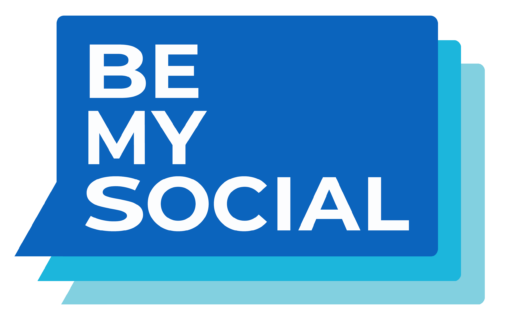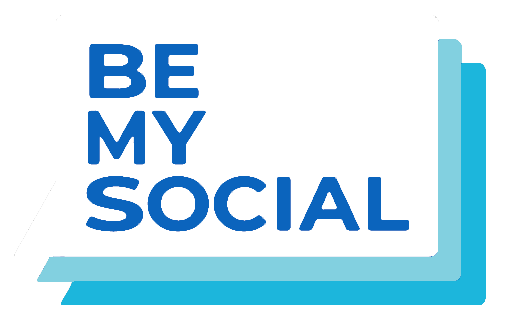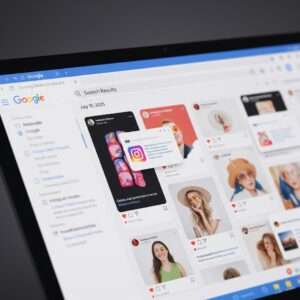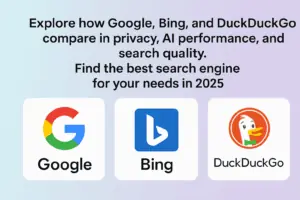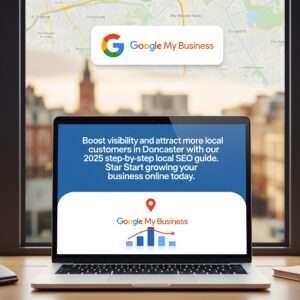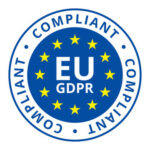As of January 2021, it is estimated that there are 4.20 Billion active users across all social media services, that’s 53.6% of the world’s population today. Which are the best social media platforms for business?
The chances of you, the reader, not having an active account on any social media platforms are incredibly slim.
There are ways for even the most seasoned users to gain a better understanding of how each platform works, how many monthly average users (MAUs) each site has and how to utilise each programme’s algorithms to generate a following and establish success.
This article can help you gain a fundamental understanding of why businesses and agencies across the globe use social media in a professional manner.
How do social media and business work together?
As previously stated, the demographics in numbers for social media are vast to say the least. As we’ve progressed through the 2010’s more and more individuals and businesses have started to become aware of the marketability that social networks present.
No longer are people just using social media, people are now making integral purchasing decisions from the influence of social platforms.
The range of sites on offer allow companies to reach beyond their physical customers and into the pot of billions that surf the internet each day. Effective use of these platforms can result in increasing the overall visibility of a business, the active promotion of products and services and boosting sales numbers.
So which social media platforms are the best?
Facebook – 2.80 Billion MAUs
Facebook is undoubtedly the most popular social network globally. Facebook’s daily audience of 2.41 billion is more than the United States, United Kingdom, Canada, France and Australia combined; with room to throw in many more.
If the goal for your business is to build brand awareness, network traffic or create new leads then Facebook will most likely make a noticeable difference to your analytics.
Amongst the user base are a sea of different age groups, ethnicities, socioeconomic classes and sexualities. This is why Facebook is the number one choice for brands to operate within.
This can be elaborated further by introducing Facebook Advertising. This feature is by far the most developed advertising platform that any social media platform possesses. It allows companies to identify their target audience by distinctive categories such as age, gender, employment, interests, purchasing behaviors, relationship status to name a few. Once your audience is targeted, Facebook will publish your products, services, ads and essentially anything you like into their respective social feeds.
There are only two drawbacks when it comes to marketing on Facebook: the first being money. In some instances advertising on Facebook can be incredibly taxing on a company’s ad budget and the second being Facebook’s advertising policies. Companies that are promoting cigarettes or vapes for example are strictly prohibited.
Outside of these two potholes, Facebook is an essential tool in digital marketing, and one of the best social media platforms for business.
Instagram – 1 Billion MAUs
Instagram is owned by Facebook, which gives it the same access to the extensive web of users and the coveted advertising algorithm. As well as reaping the benefits of being partnered with Facebook, Instagram creates its own organic proceedings.
Instagram’s photo and video content allow for the natural and healthy growth of accounts without having to pay for advertising campaigns. Statistics suggest that due to the visual nature of the content, users are 80% more likely to memorise products and services broadcast on the platform.
In addition to this, the ability to share content on Instagram has provided a lot of success to brands and individuals who choose to promote on the platform.
Instagram is one of the most successful social media platforms for business.
A great example of this resides within the fitness market. Fitness companies will initiate affiliate links with popular Instagram users that operate within their field to promote their products, drive interest and boost sales.
The proof is in the pudding with this one; Richard Duchon is a fitness influencer on Instagram with 1.4M followers. He actively promotes Gymshark products on his page, accompanied with a discount code which results in a surge in network traffic to the clothing brand’s website and an array of people posting their new merchandise on their own accounts using hashtags that relay back to both Gymshark and Duchon, driving brand interest for the pair.
Pinterest – 291 Million MAUs
Businesses that lean towards an artistic and creative market will benefit from using Pinterest. 81% of Pinterest’s users are women and 87% of those users have said that they have made purchases solely based on information provided on the site.
The types of content that work on Pinterest include outfit ideas, food recipes and lifestyle hacks, so you can gather a brief idea of the sort of thing you’d expect to see.
Although it isn’t as finely-tuned as Facebook’s, the advertising utility allows for paid advertisements to boost the reach of the published content.
Just like Instagram, this platform also has some of its own features that other sites don’t tend to generate. Reaching users on Pinterest is determined by the number of keywords that are filtered into each post, they can be marginalised further by focusing on the relevance and popularity of each keyword.
Twitter – 336 Million MAUs
Twitter’s hashtag system is their strongest asset when it comes to marketing on the platform. Hashtags create room for engagement between users, you can view which hashtags are most popular and which ones are trending. This will take you to a community of users that are all interested in that particular hashtag or topic.
Brands utilise this feature to create a hashtag that relays back to a product or service that they offer, that way they can harvest their target audience in one place.
For example, if you are looking to hire a marketing agency to handle your online affairs, you could type the hashtag into the search bar and view all the marketing agencies using the same method and progress from there.
Linkedin – 303 Million MAUs
Linkedin is a social platform for business that many consider being purely work-related. This is why many of its users include detailed information about their employment status and overall professional and working lives.
This platform can prove to be incredibly useful for businesses that intend to target users based on their job titles or job status. It is a site credited with the engagement of professionals worldwide.
YouTube – 2 Billion MAUs
The world’s leading video platform has over 30 million active users each day who visit the site to upload or watch video content, one of the most frequently used social media platforms for business.
YouTube uses the same engagement generated by visual content, much like Instagram and Pinterest. However, YouTube gains an advantage over its competitors by existing under the ownership of Google, thus having access to Google’s advertising system.
YouTube also takes inspiration from Google by prioritising the use of keywords and utilising search engine strategies in order to expand its reach. This eliminates the need to spend large sums of money on advertising like its counterpart Facebook. Keywords in your title, video description, and the actual list of keywords in the keywords tool are all integral to organic traffic generation.
Conclusion
In truth, if you have an established business and are not currently using any social networks to promote your brand, then you are seriously missing out.
If you have read through the guide and know which platforms are best suited to your business but are unsure of how to put any of the theory into practice then we suggest checking out marketing agencies.
This way you can achieve the best results without having to invest the lengthy periods of time yourself.
